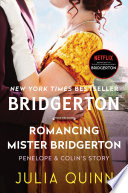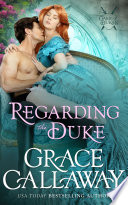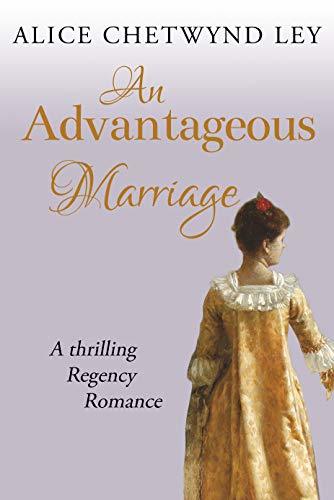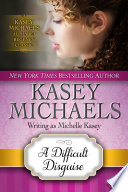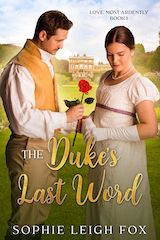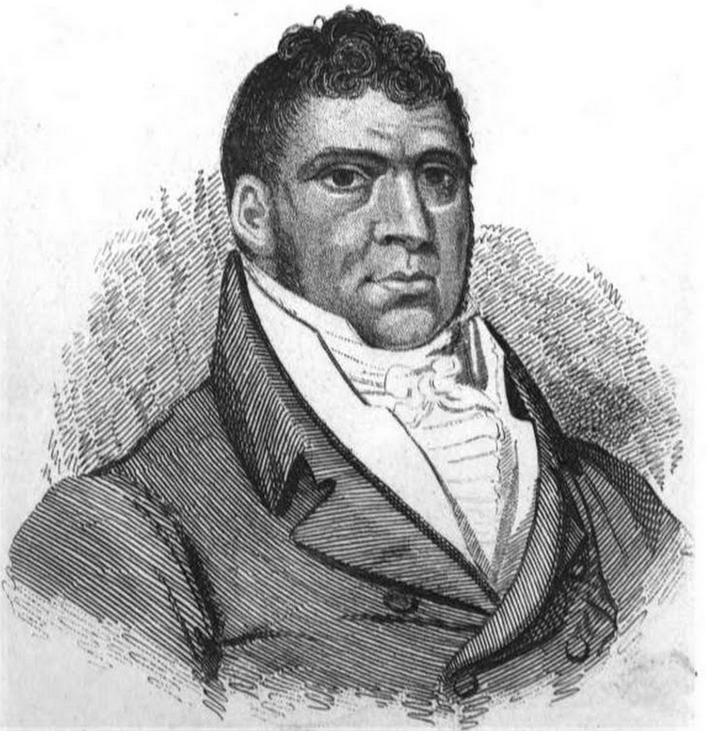 Born in 1778, Bob Gregson was billed as the Lancashire Giant while a bare-knuckle fighter and champion boxer in the early 19th century. He would also later be a ferry captain and owner of a Holborn (London) chophouse. He was also known to dabble in poetry and was sometimes known by the sobriquet of the “Poet Laureate of the Fancy” or “The Poet of the Prize Ring.”
Born in 1778, Bob Gregson was billed as the Lancashire Giant while a bare-knuckle fighter and champion boxer in the early 19th century. He would also later be a ferry captain and owner of a Holborn (London) chophouse. He was also known to dabble in poetry and was sometimes known by the sobriquet of the “Poet Laureate of the Fancy” or “The Poet of the Prize Ring.”
From Lancashire, he was a relatively well educated and cultured man who wore fashionable clothing. Standing at six feet, two inches tall and weighing some 235 pounds, he was often larger than many of his competitors, according to first hand accounts. He was known to be “a willing slugger, with very little science at his command” using his size to try and dominate opponents (From Figg to Johnson
A Complete History of the Heavyweight Championship, Containing Dates and Accurate Descriptions of Every Contest for the World’s Boxing Title from the Time of the First Champion Down to the Present Day, 1909).
In 1808, Gregson opened his Holborn chophouse, the Castle Tavern, really as a Sporting House and it became the unofficial headquarters of boxing ring patrons and pugilists. Where he might have excelled in boxing and poetry, however, he was a terrible businessman and forced to surrender the pub in 1814 after being convicted of debt evasion. He tried some additional schemes, including owning a Dublin pub, but would die in debt and penniless.

